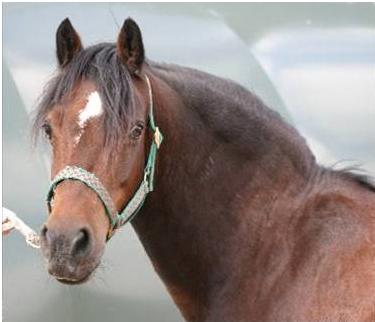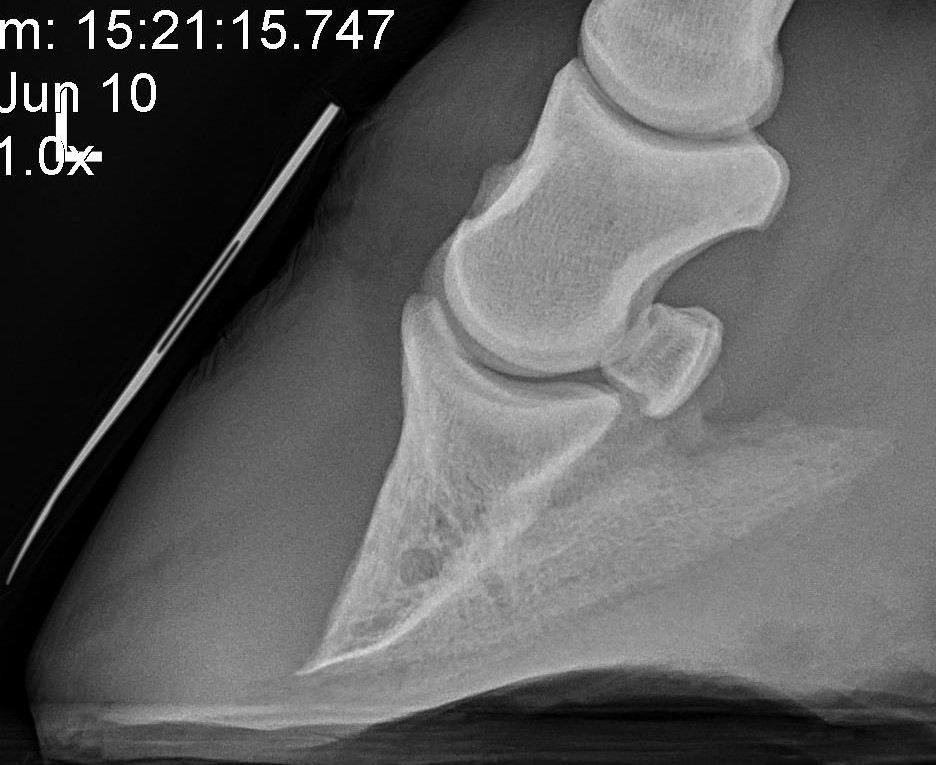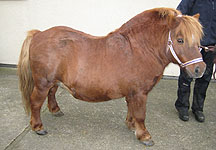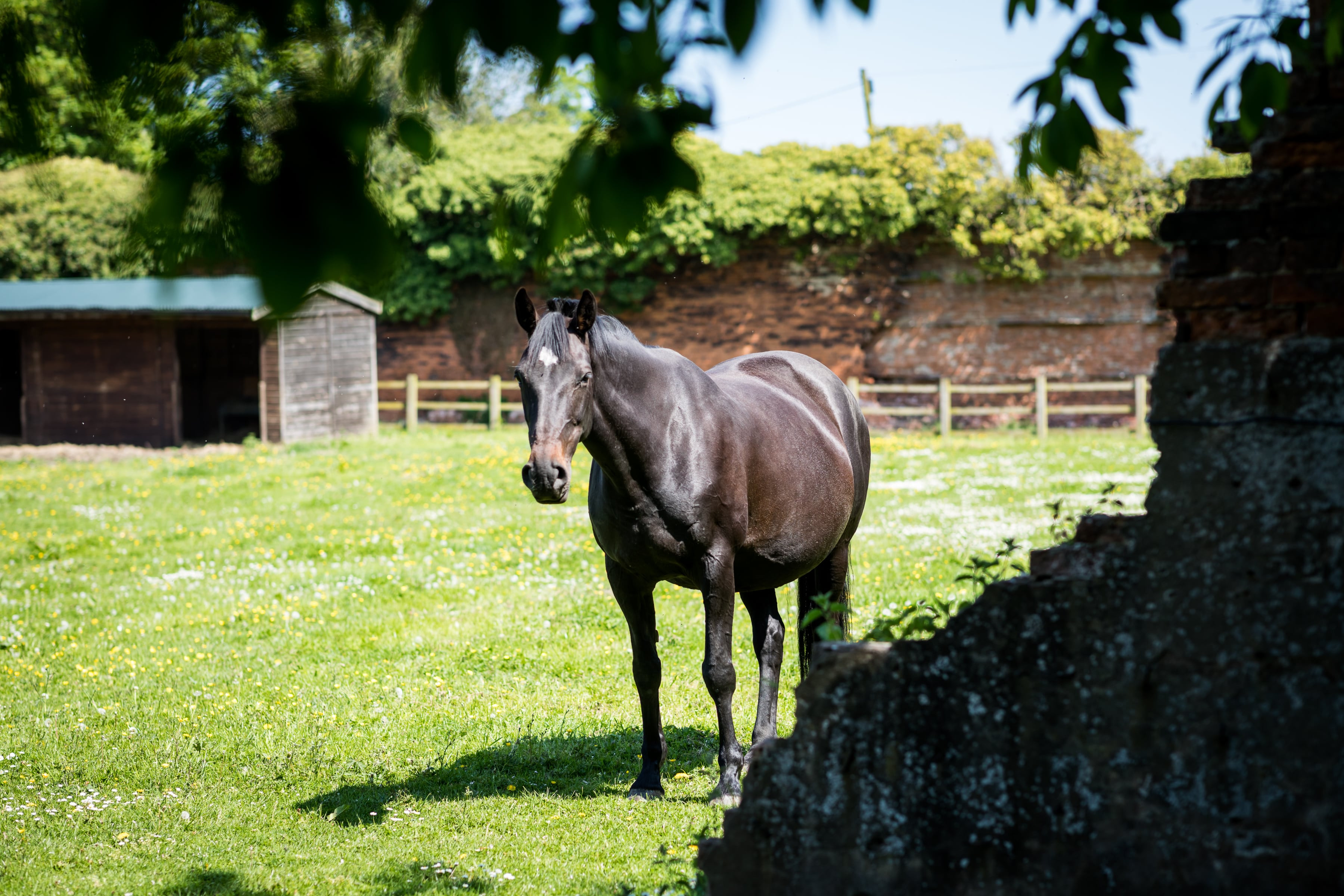According to recent studies over 50% of horses in the UK are overweight. I can easily believe this and myself and the team at Ridings Equine Vets take our role in educating horse owners about weight loss very seriously. It's not an easy task to get horses to lose weight and sometimes it may seem like there is no reward for such hard efforts. So with spring grass just around the corner I thought it would be useful to look at some of the problems that overweight horses are more likely to suffer from.

Just like people, horses gain weight when they consume more calories than they use on a daily basis. So the only way they can lose weight is to exercise more or to eat less. Depending on the type of horse or the situation this can be problematic for some owners. Here are three diseases that overweight horses are much more likely to develop and can be prevented by keeping your horse at a healthy weight:

Laminitis
It is a well known fact that overweight horses are at a significantly higher risk of developing laminitis than horses that are a normal weight or below weight. Although certain breeds such as natives are more likely to develop laminitis all overweight horses regardless of breed are at a higher risk. Overweight horses struggle more to recover from laminitis due to the additional weight on their feet.

Equine Metabolic Syndrome (EMS)
Being overweight is one of the criteria for a diagnosis of EMS along with insulin resistance. Similar to type 2 diabetes in people it is a metabolic disorder directly linked to being overweight. The syndrome causes many metabolic derangements and alters energy metabolism, fat composition, clotting issues, inflammation and damage to blood vessels. Losing weight helps to protect horses from EMS.

Arthritis
Arthritis is a multi factorial disease but there is no doubt being over weight increases the risk of a horse developing arthritis. Overweight horses that are suffering from arthritis tend to be harder to treat than horses that are a healthy weight due to the additional strain on their joints and feet. The most common types of arthritis seen in overweight horses include hock arthritis, coffin joint arthritis and navicular syndrome. The good news is that many overweight horses that lose weight improve in lameness and respond much better to treatment.
I really hope this gives you a little encouragement to persevere with trying to help your horse lose weight, it is a difficult journey but it is definitely worth the effort.
Don't forget we are here to help! Weather it is to assist you with a weight loss plan or to monitor your horses progress with our weight bridge please don't hesitate to get in touch.
Jenny x
Veterinary Surgeon, Ridings Equine Vets

